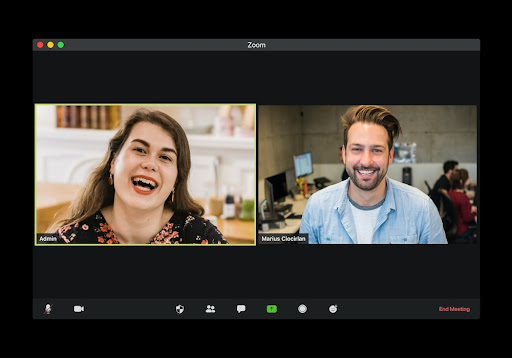What are some examples of interviews in research?
What are some examples of interviews in research?
The qualitative research interview can be conducted in various formats, each with its own strengths and limitations. Choosing the appropriate type of interview to use largely depends on the research question, the nature of the topic, the characteristics of the participants, and the resources available to the researcher.
Face-to-face interviews
In-person interviews are often considered the traditional form of interviewing. They involve a direct conversation between the interviewer and the interviewee. This form allows for comprehensive communication as it includes verbal and non-verbal cues such as body language, facial expressions, and tone of voice.

This type of interview allows for immediate clarification of responses and can help foster rapport between the interviewer and interviewee, which may lead to richer, more nuanced data. However, these kinds of interviews can be time-consuming, expensive, and limited by geographic location.
Telephone interviews
Telephone interviews can be a practical alternative when face-to-face interviews are not feasible due to distance, time, or budget constraints. Phone interviews allow researchers to reach participants who may be geographically dispersed and offer a level of anonymity that may encourage candid responses, particularly on sensitive topics.
However, they might lack non-verbal cues that can provide additional context to a participant’s responses. A phone interview may differ from a conversation in person in that you can’t see someone’s face, gestures, or other body language, which might be useful for contextualizing detailed information.
Online/internet-based interviews
Online or internet-based interviews conducted through platforms such as Zoom, Skype, or email have become increasingly popular in recent years. They can be synchronous (occurring in real-time, like video calls) or asynchronous (participants respond in their own time, such as email interviews).

These interviews can reach participants globally, are often cost-effective, and can be more convenient for both the researcher and the participant. However, they rely on technology and internet access, which may not be available to all potential participants.
